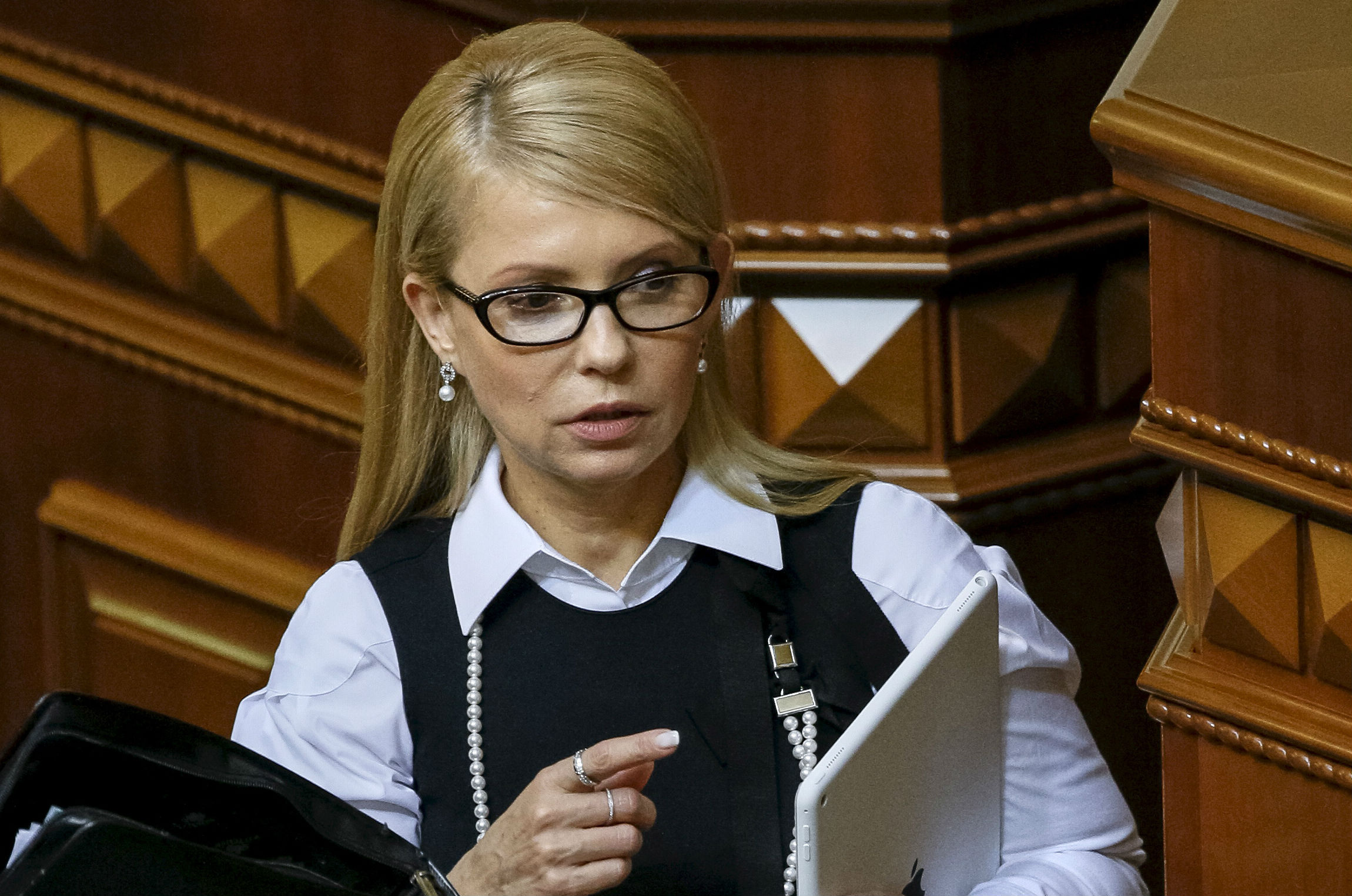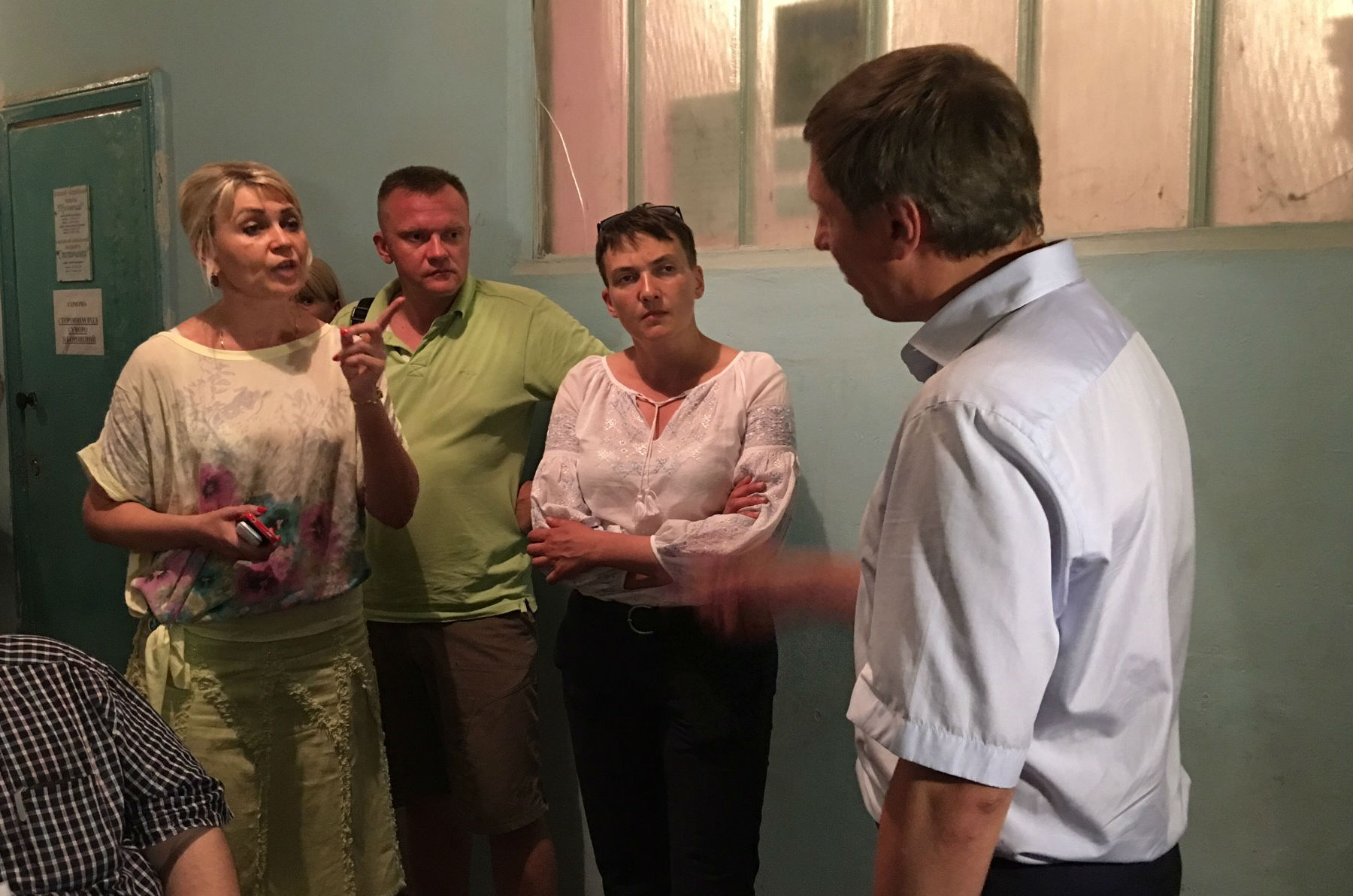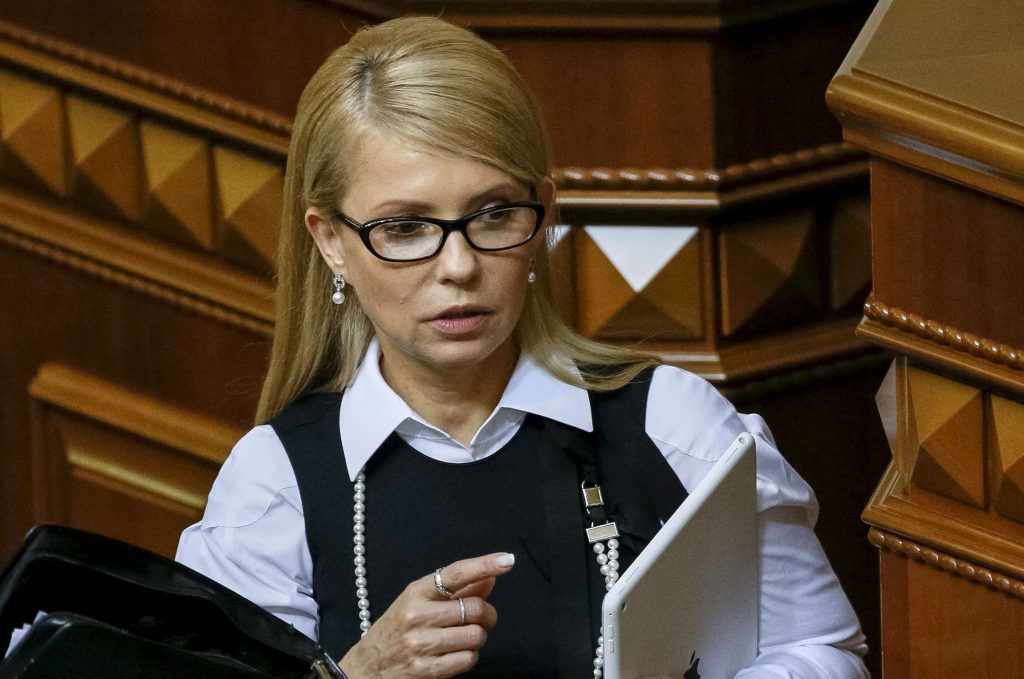 Populism is on the rise in Ukraine, so it’s little surprise that Fatherland party leader Yulia Tymoshenko and oligarch Ihor Kolomoyskyi gained the most seats in Ukraine’s special parliamentary elections on July 17. Elections were held in seven districts across the country. Fatherland candidates won in Kherson and Poltava, while Kolomoyskyi’s candidate won in Volyn and was leading narrowly in Ivano-Frankivsk. While no Poroshenko bloc candidates won, two independent candidates are likely to join the faction.
Populism is on the rise in Ukraine, so it’s little surprise that Fatherland party leader Yulia Tymoshenko and oligarch Ihor Kolomoyskyi gained the most seats in Ukraine’s special parliamentary elections on July 17. Elections were held in seven districts across the country. Fatherland candidates won in Kherson and Poltava, while Kolomoyskyi’s candidate won in Volyn and was leading narrowly in Ivano-Frankivsk. While no Poroshenko bloc candidates won, two independent candidates are likely to join the faction.
Sunday’s results will increase the ranks of both Tymoshenko’s and Kolomoyskyi’s factions in parliament. Kolomoyskyi’s Renaissance faction will increase to twenty-five members and Tymoshenko’s Fatherland will grow to twenty-one members. The Poroshenko bloc lost three seats. While some ballots are still being counted, the one clear signal is that competitive elections are alive and well in Ukraine.
Here is a rundown of the seven races:
In Volyn District #23, Ukrop’s Iryna Konstankevych won a decisive victory (57 to 13 percent) over Fatherland’s Lyudmyla Kydra to fill the vacancy created by the death of Ihor Yeremeyev. Konstankevych’s victory is notable since she lost a 2014 parliamentary race in a neighboring district by just twenty-eight votes. She is likely to join Kolomoyskyi’s faction in parliament. The biggest surprise in the race: the People’s Will faction failed to field a candidate to replace their founder, incumbent Ihor Yeremeyev. This fact, combined with the arrest of faction member Oleksandr Onishchenko may signal the faction’s collapse in the near future.
In Dnipro (former Dnipropetrovsk) District #27, political newcomer Tetyana Rychkova defeated Zahid Krasnov by a 45-37 percent margin to fill the vacancy created by the election of Kolomoyskyi ally Borys Filatov as Dnipropetrovsk mayor last fall. Both Rychkova and Krasnov ran as independents, but Rychkova, as a senior military officer in the Ministry of Defense, had the quiet backing of Poroshenko. Both candidates saw “clone candidates” with similar names siphon almost seven percent of the vote from their tallies. The failure of Kolomoyskyi’s candidate to win in his hometown was the one low point of an otherwise good election for the oligarch. Conversely, the victory of a Poroshenko-backed candidate in Kolomoyskyi’s hometown gave the president a nice consolation prize in an otherwise difficult election.
In Ivano-Frankivsk District #85, Ukrop’s Viktor Shevchenko holds a small lead over Poroshenko bloc candidate Serhiy Nasalyk. Billed as the ”battle of brothers,” Nasalyk was trying to fill the vacancy created by his brother Ihor, who resigned to become the Minister of Energy and Coal. Viktor Shevchenko is the brother of Ivano-Frankivsk MP Oleksandr Shevchenko, the local chairman of the Ukrop party. If Shevchenko maintains his lead with approximately 1,500 votes remaining to be counted, it will be a big victory for Kolomoyskyi in western Ukraine.

In Luhansk, Nash Krai candidate Serhiy Shakhov (right) speaks with MP Nadiya Savchenko and others on July 17.
In Stantsya Luhansk district #114, a record 107 candidates competed to fill the vacancy created by the appointment of MP Yuri Harbuz as Luhansk governor. With 70 percent of the ballots now counted, it’s safe to say that Nash Krai’s candidate, businessman Serhiy Shakhov, beat independent former MP Valeriy Moshenskiy. Moshenskiy was the only candidate not affiliated with the Party of Regions to win a parliamentary seat in 2012 from Luhansk.
In Poltava District #151, Fatherland’s Ruslan Bohdan will replace MP Taras Kutoviy, who was named Minister of Agriculture and Food Policy earlier this year. Bohdan defeated Mayor of Pyratyn City Oleksiy Ryabokon by a 23-15 percent margin. Ryabokon ran as an independent but is a member of the Socialist Party. Despite Kutoviy’s popularity in the district, the Poroshenko bloc failed to field a candidate in the race.
In Kherson District #183 (Korabelnoy Rayon in Kherson City), Tymoshenko’s Fatherland Party pulled another upset victory to fill the vacancy created by the appointment of Andriy Hordeyev as governor in April. Former Kherson Governor Yuri Odarchenko defeated former Kherson Governor Andriy Putilov with the Poroshenko bloc by a small 25-16 percent margin. Former MP Mykhailo Opanashenko ran with Kolomoyskyi’s Renaissance Party and finished third with 14 percent.
In Chernihiv District #206, independent Maksym Mykytas defeated Fatherland’s Dmytro Vlasenko by a 31-27 percent margin. A total of 75 candidates competed to replace Vladyslav Atroshchenko, who now serves as mayor of Chernihiv. Mykytas will join the Poroshenko faction in parliament.
Brian Mefford is a Nonresident Senior Fellow at the Atlantic Council’s Dinu Patriciu Eurasia Center. He is a business and political consultant who is based in Kyiv, Ukraine. Mefford was an election observer in Luhansk. This article has been adapted from Mefford’s blog.
Image: Ukrainian former Prime Minister and leader of Batkivshchyna (Fatherland) party Yulia Tymoshenko attends a parliament session in Kyiv, Ukraine, February 16, 2016. REUTERS/Gleb Garanich
